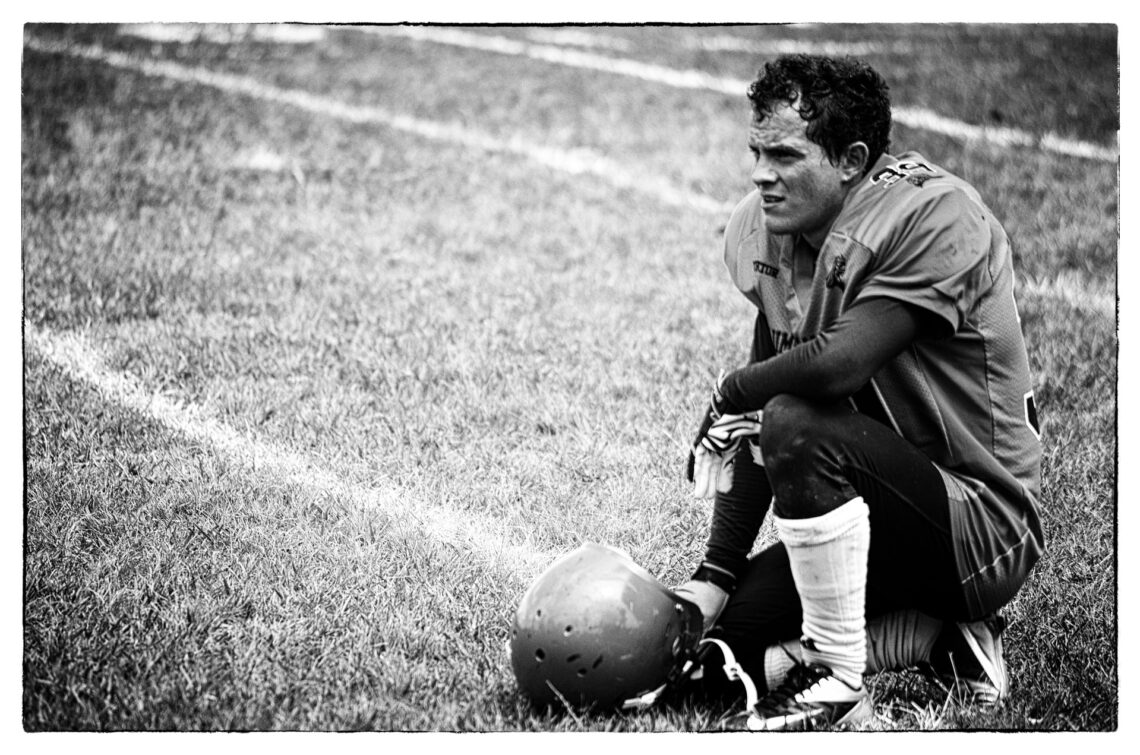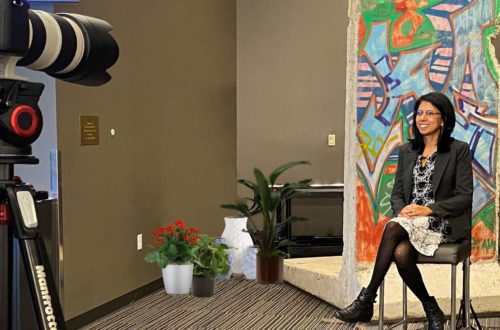
Overcome Setbacks Using 3A’s : Acknowledge, Analyze and Act
Theresa has been feeling significantly down the last few days. Her manager informed her that she didn’t get the promotion this time. He was pretty compassionate while giving her the bad news. Still, it is hard for her to overcome this feeling of defeat. At times it feels like a loss or a betrayal even. It is hard for her to be present for her family though they understand her disappointment. Theresa’s situation may sound familiar to many of you. As grown-ups, we know that everyone goes through such setbacks once in a while. Depending on our resilience, the level of suffering varies, and we come out to the other side. These three A’s- Acknowledge, Analyze, and Act, capture the process.
Acknowledge
First, a setback or a failure is a kind of loss; something we hoped for didn’t happen. Feeling sad is a normal reaction. The 3P from psychologist Martin Seligman’s work (Sheryl Sandberg and Adam Grant’s book Option B talked about it) could be relatable in such cases. This 3P can stunt someone’s recovery:
- Personalization – “This only happens to me. There must be something wrong with me; it must be my fault”.
- Pervasiveness – “This setback undermines my other accomplishments.”
- Permanence- “I will never overcome this situation.”
On a typical day, we know well that these are not true, yet we could fall for them during those times. So what to do when we are in that zone after a setback? First of all, acknowledging the feeling is vital. Take the time to be with it, do some self-care. My favorites are mindful breathing, walks in nature, low-intensity physical exercise, talking to a friend, etc.
Analyze
Once you normalize the heightened emotion, do some reflections. How often are such setbacks happening? Is this a pattern or a one-off thing? Share your thoughts with a trusted friend, mentor, or coach. Get some clarity and outside perspectives. Let it go if it is a one-off incident, and move on with things that energize you. If there is anything you can change, take some actionable steps.
A client of mine, Peter (not his real name), was going through a rough patch a couple of years ago. His promotion case didn’t go through. Some feedback didn’t make sense to him. He thought there was some bias against him. It is not too uncommon, though. After our initial conversation, he realized moving on and finding another job might make sense. However, he saw that he could use the time to first focus on self-improvement. He knew, and some feedback also mentioned that his conflict management skills could be used.
Act
Once the heightened emotion is subdued, we often return to our usual routine (The Power of TED: The Dreaded Drama Triangle). A well-thought-out action with an accountability structure could use the insights from the setback.
Peter and his manager decided that coaching would help him improve his conflict management skills. Within 5-6 months of coaching, he made much progress. His manager and others on the team noticed that as well. The following year he got an offer from another couple for a higher-level role. He became much happier. While the job change/promotion helped, he saw conflicts differently. He was much more composed in such a situation, and his impacts were way better.
Earlier this year, I had a few rejections from prospective clients. No matter how small they were, it dented my confidence. After some time, I decided to talk to my coach about it. I am glad I did. Through that conversation, I got a few insights. It also generated a few ideas. Looking back, I am thankful I used that rejection as an opportunity to pause and reflect. It gave me a boost to hone my skills and perspectives to a much higher level.
In her TED talk, Stacy Abrams, the first black woman in the history of the United States to be nominated by a major party for governor, said “How you respond to setbacks is what defines your character”.
Setbacks can be challenging, but in the end, they could act as a learning opportunity, even if it doesn’t seem to be when it happens. Self-compassion, taking it easy on ourselves, is an excellent place to start.
Join me for Free Coaching Friday at 12 Noon PT to talk more.
Image by Fábio Luciano Sorg from Pixabay




